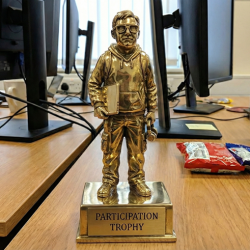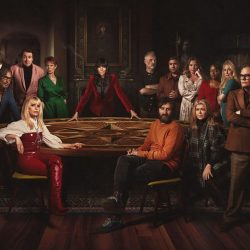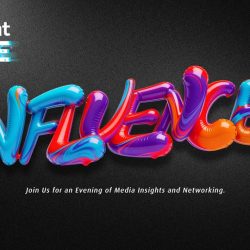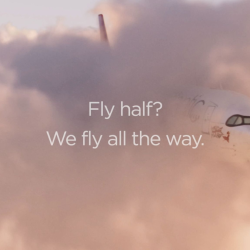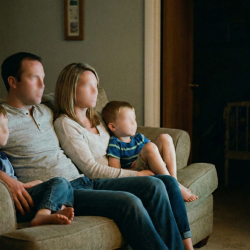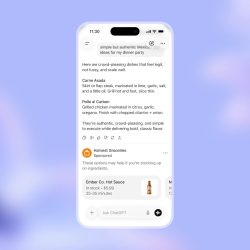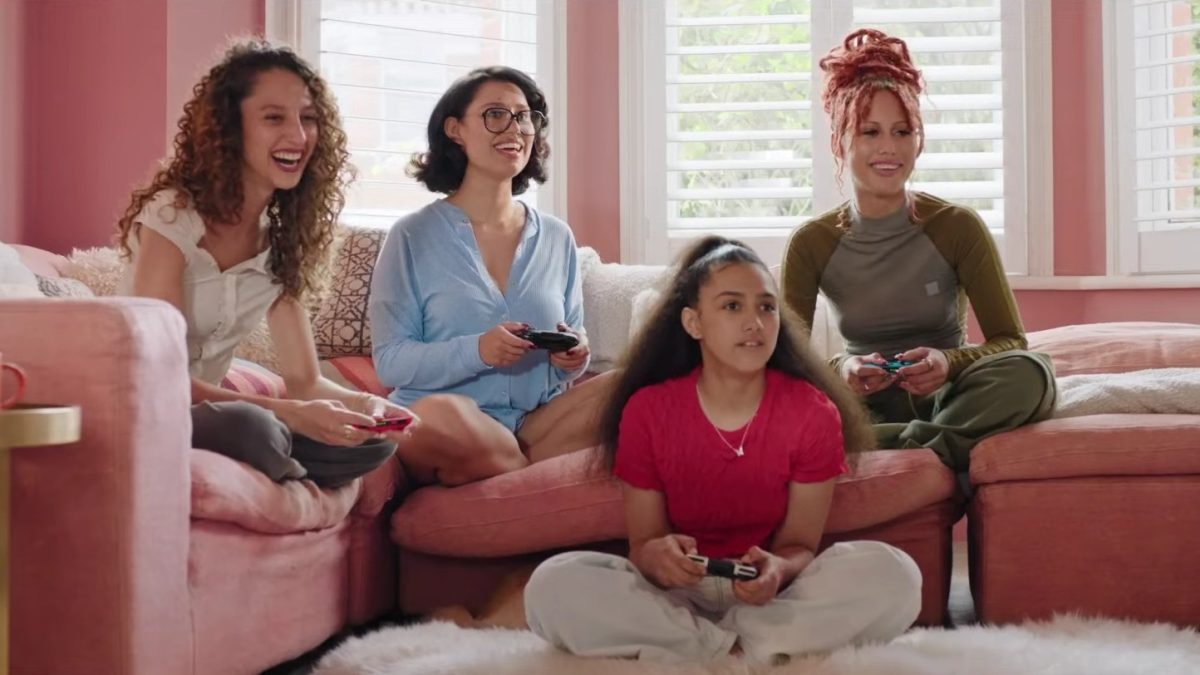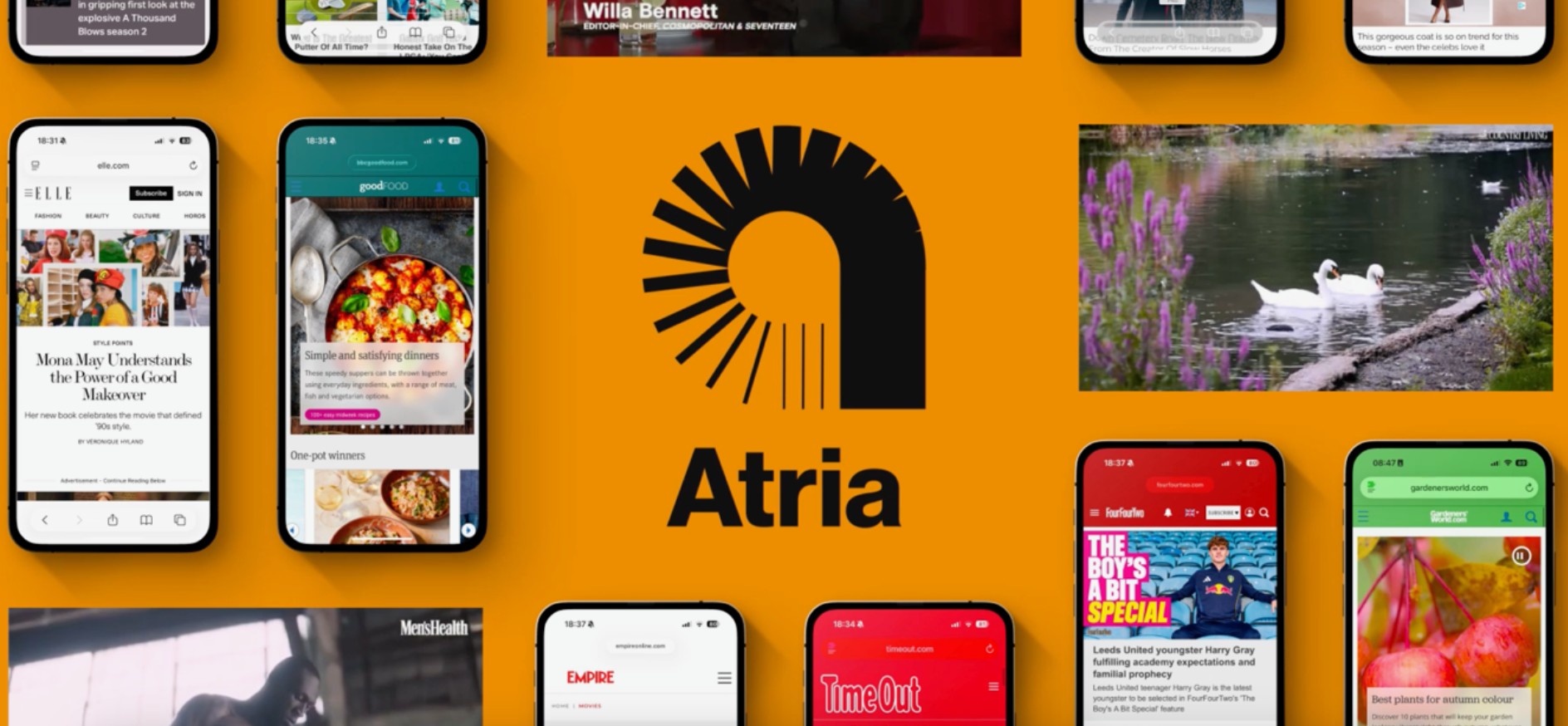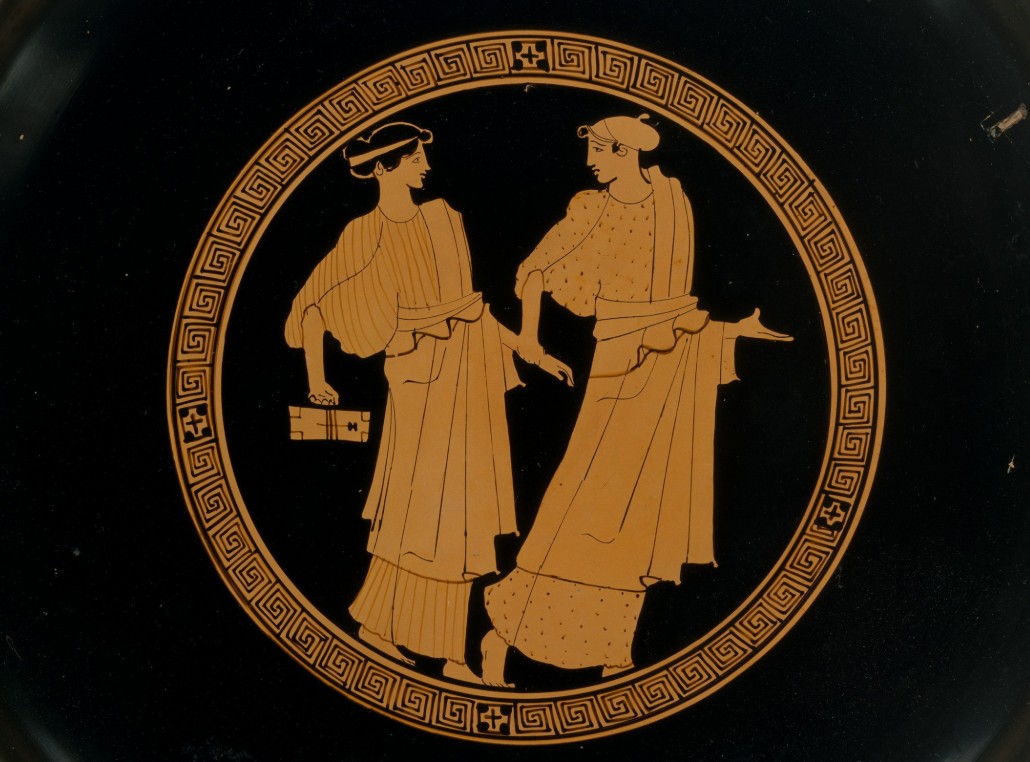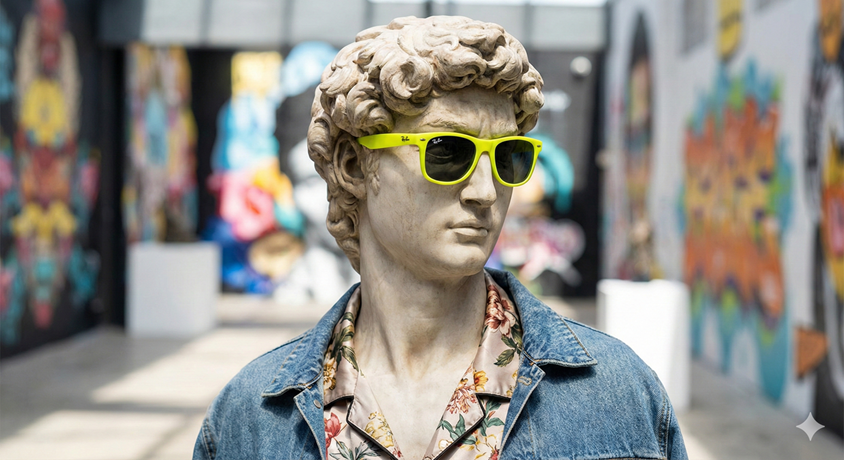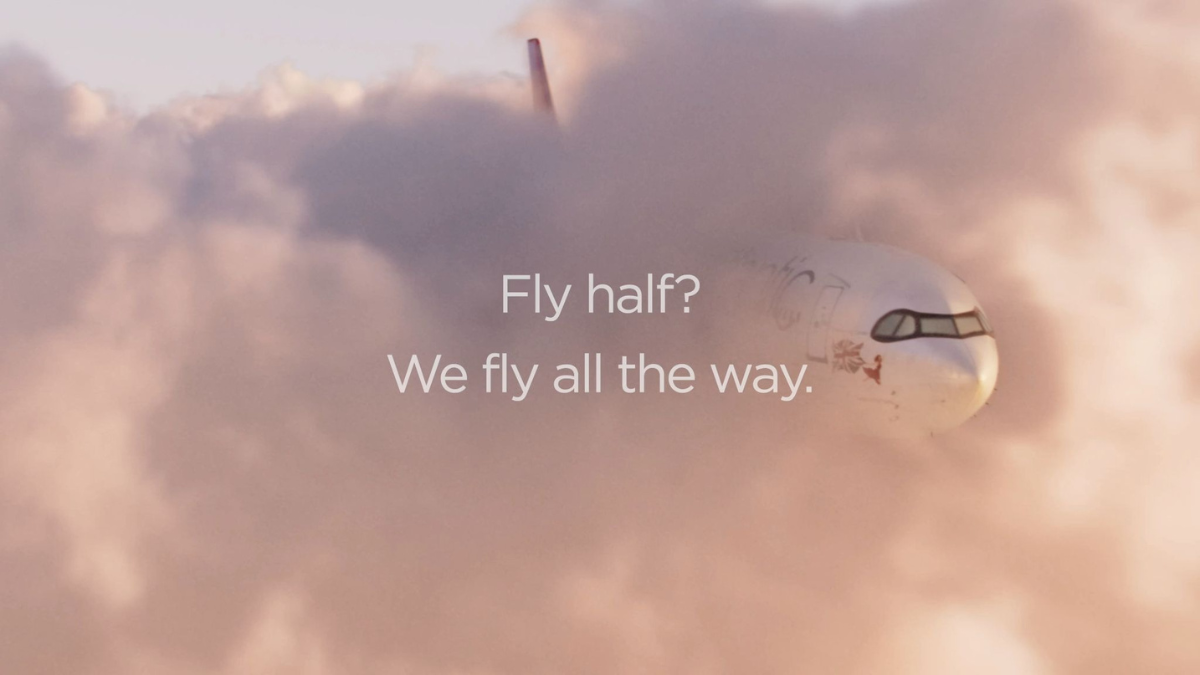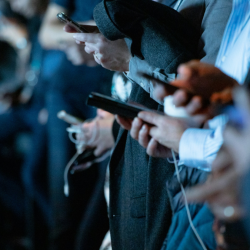In March, Ashley Bolt became the group managing partner for gaming at Arena Media UK, meaning he now oversees one of the largest specialist gaming teams in Europe.
Bolt has spent two decades in media, working for entertainment brands, looking after live arts, book publishers, and automotive.
He tells us about the surprising resurgence of OOH in the gaming media mix, navigating ‘vocal and cynical’ audiences, and Cyberpunk 2077’s redemption arc.
Tell me about the gaming team at Arena. What does it do? What expertise does it offer?
The team was born out of Target Media, a company Havas bought years ago then integrated into Arena Media — and we’ve seen a lot of growth. We operate as a specialist unit, working with publishers and studios to manage game releases, to ensure the public are aware of them and keen to buy those over other games. We’re one of the bigger teams within Havas UK, which is down to the breadth and depth of clients. We have big triple-As, like Bethesda, Sega, and Square Enix, and medium and smaller clients like THQ Nordic and Wizards of the Coast — which includes Magic The Gathering and Dungeons & Dragons — to name a few.
Is your specialist team [of 24 people] a typical size in gaming media?
No, I don’t believe it is. I think we’re one of the biggest dedicated gaming teams in the industry, certainly in Europe.
You’ve been in the media industry for over twenty years, working across a variety of clients and verticals, with the last five in gaming. What lessons did you take from other industries that you’ve applied to gaming?
I’ve been fortunate enough to work on a lot of entertainment brands over the years, and looked after live arts and book publishers, as well as automotive. There are lots of things I’ve taken from those clients into gaming, like don’t overcomplicate things. But also, a launch-based media strategy is something I’ve brought to gaming. For live events and book publishers it’s all about: ‘that book is launched, this event is live,’ to make sure as many people know about it, then on to the next thing.
For a period of time, gaming seemed to operate in a similar way. Most sales are within the first couple of months of release, then anything over and above is a bonus — that’s usually based on reviews and popularity.
Did it not always used to be like that in gaming, pushing the big launch? Or has it become more so in recent years?
What’s changed is the onus on post-launch. Over the years gamers have been stung by games being released when they’re not finished. They’re broken or require a day-one patch [software update]. This has led to a behavioural change, where gamers are less likely to pre-order or purchase until there’s third-party reviews, either from YouTubers or the gaming press.
Therefore, post-launch has become more important to convert those people that are waiting for those reviews, because games [cost] a lot of money. People want to know they’re spending money on a game that’s good value and quality, and that they’re going to enjoy.
I was going to ask if it’s a lengthening of the launch window, but in some cases activity to boost a game could be a year or two later, like with Cyberpunk 2077.
That was the biggest redemption arc we’ve ever seen. From its absolute chaotic release through to now being lauded as one of the great games.
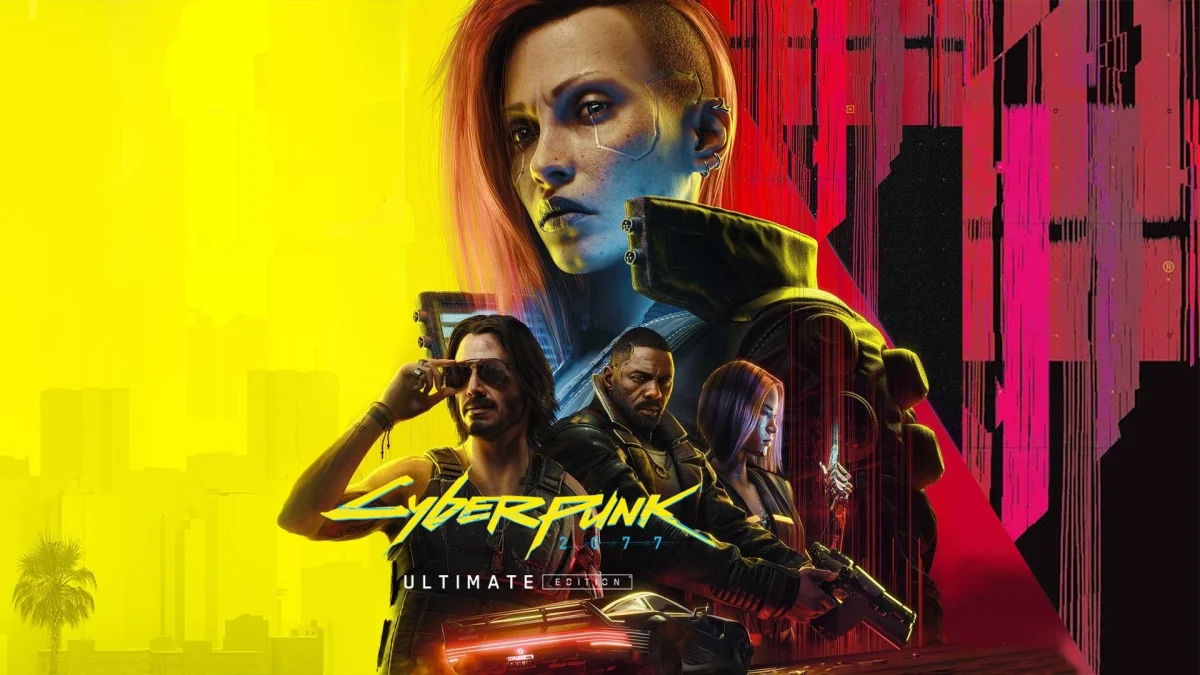
Further along after launch is a good opportunity to engage with players that are already playing. But also a good excuse to talk to new players that have been on the fence, to encourage them to come in because there is additional content they may value.
You’ve headed up both European and global launches and long-term growth campaigns for a variety of titles, from Elden Ring to Fallout 76. How does media planning for gaming clients differ from other sectors?
There’s definitely a difference between doing a one-and-done launch of a single-player game versus an always-on games as a live service, because they require consistent front-of-mind nudging to make sure that people keep coming back, logging in, doing daily tasks, forming clans and the rest of it. There’s more of a drip feed, and more tactical elements for always-on games than perhaps [singular] launch-based games.
The lines between gaming and other types of media are more blurred than ever. What does this mean from a planning perspective?
Gaming as an advertising channel has grown over the years, and there are two aspects to my role. One is to drive endemic gaming clients, like Bethesda and THQ. Those guys don’t traditionally use gaming as an advertising channel because it often means you’re putting their budget into competitors’ platforms.
Where we’re seeing growth is through non-gaming brands that want to get in front of gaming audiences. Things like mobile advertising and in-game advertising, all the way up to esports sponsorship. Having gaming as an advertising channel as part of the media mix, for non-gaming brands especially, is becoming more important.
There’s the credibility and authenticity aspect these brands need to be aware of, as gamers tend to be more vocal and cynical. We help them navigate this and identify routes in. If they’ve got credibility, we can go into areas where hardcore gamers are. For example, we’re working with JBL who do gaming headsets. They’ve got complete authenticity to be [in those spaces].
You mentioned mobile earlier. How important is mobile gaming for your practice? Is that where you see the most growth and change happening?
Our clients do release mobile games, and the traditional way to promote these is hardcore DR [direct response], in platform, in other mobile games. Often, mobile gaming is not treated the same as console and PC, but that’s the wrong approach. Nobody plays one type of game on one sort of platform. Mobile gaming is in everyone’s pockets.
The freemium [model] is something I think mobile has got right. Rather than forcing ads on you, instead you need gold coins to unlock this, or watch this ad and we’ll reward you. That’s a nice value exchange which gamers are happy to accept and don’t get too frustrated with. It’s when it becomes aggressive that people get turned off.
But as a platform, it’s huge. And modern phones have the ability to run traditional AAA games which is opening up the breadth of mobile even more — from the likes of Call of Duty and PUBG to the latest Assassin’s Creed. The technology is there to deal with [the complexity of] those games, which brings in more avid gamers, rather than just casual Candy Crush gamers.
Leading on from that… we recently created a MediaCat guide to game streaming. How important are influencers in the work you do, and is this changing in any way?
They’ve always been important, and this is increasing. The gaming press is respected and has broad appeal — game reviews are listened to and acknowledged. I think consumers want more impartial [reviews]. That’s where you get influencers and their impact: on them playing the game, walking you through it, and giving opinions — that holds a lot of weight.
When you combine influencers and gaming press, if the two align, then you’ve got a strong case for people to purchase your game.
We touched on it already, but how much of your practice is about using gaming as a channel to help consumer brands reach gaming audiences? What kinds of trends and best practices are you seeing there?
Non-gaming brands definitely need some hand-holding. The world of gaming can be quite complicated, from mobile gaming to esports. What’s interesting is this multi-generational appeal. We’re looking at this a lot. Years ago, [for families] there used to be board game or movie nights.
That’s changing to video game nights, the TV being the fireplace where family can sit down and play a co-op game and have a laugh. Nintendo has been doing that for years.
With the likes of It Takes Two and Split Fiction and more of those games coming, it’s giving families valuable time together and a bit of fun. Lose yourself in the fantastical world of gaming, have a shared experience, and connect with your kids. Going back to ZX Spectrum, Commodores, Amigas, Sega Mega Drives… that generation of gamers that grew up [playing those] are now parents. It’s the first time they’re able to do something they enjoyed with their kids who are also gaming natives.
This gives you an opportunity as a non-gaming brand to use in-game advertising to reach both the older parent, but also the younger generation that might be your next round of customers — in a combined space in a feel-good situation, where they’re leaning in and engaged.
What are your thoughts on the state of the media industry right now, particularly in relation to gaming?
It’s strong, I think. We’ve seen some change. Platforms like X were once a staple of the gaming media mix. It’s still relevant for a lot of clients, but where we’ve seen real growth is TikTok. We’ve had great engagement leading to good dwell time and interaction with the ad.
Reddit is a staple for us as well, in terms of the gaming community hanging out and discussing games. [Gaming] being a visual medium, video platforms like YouTube are always core to what we do.
The other thing we’ve seen grow, certainly over the last few years, is out of home. Post-Covid, not just gaming, but a lot of advertisers were cautious to go back into outdoor, but gaming has embraced it. We did an amazing thing for Magic The Gathering, a Lord of the Rings set. We did a special build with a big Gollum that ended up being Wizards of the Coast’s fastest and best-selling set to date.
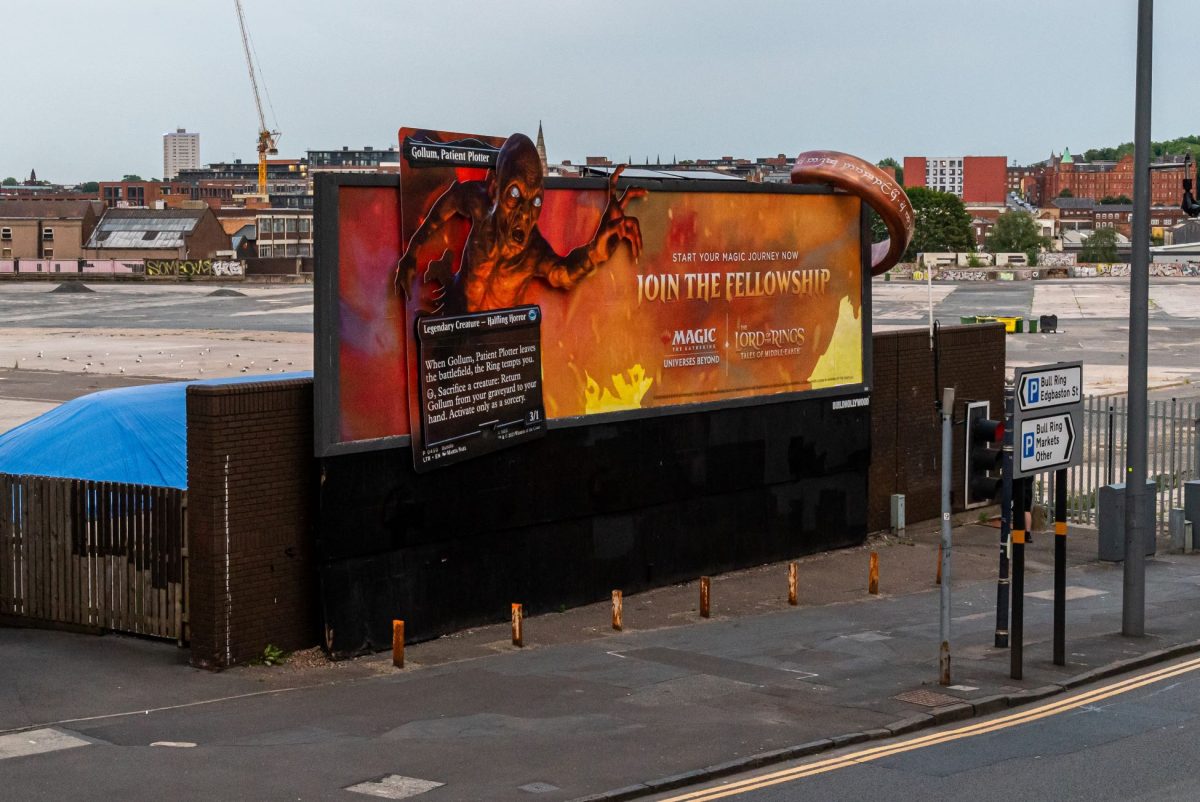
With normal trends, X and other platforms, while they fall out of favour others take their place. I’m sure in a couple of years’ time it’ll swing around to new platforms we’re not even aware of. But it seems in a healthy position, and gaming companies are using everything in their wheelhouse to communicate to gamers.
Going back to influencers, that’s something we are leveraging a lot, using platforms like YouTube. I don’t know whether you saw the Alone in the Dark activation? We took over a house in south London and turned it into a massive escape room based on the game, then invited some of the world’s biggest influencers.
We had Angry Joe, Ali-A, and PewDiePie take part. It was years in the making and became a big sensation. That goes to show gaming companies are willing to try anything to break the mould and be different. THQ Nordic are not a AAA studio and don’t have the budget of a Call of Duty, so we have to find ways of standing out.
Who do you think are the most innovative or interesting agencies and people in media at the moment?
I can’t remember which agency it was, but the launch of Diablo IV [in 2023] was really good. [Author’s note: Blizzard Entertainment is the studio and 72andSunny handled marketing.]
They understood the mindset of gamers that enjoy that sort of game and leant into that — the whole ‘welcome to hell’ thing, and the fact they got Megan Fox as one of the game’s ambassadors. They did a plethora [of activity] across multiple media channels. It was consistent and felt like one huge campaign, rather than lots of individual elements.
It’s cliche to say, but the Barbie (2023) movie was interesting. They managed to get away with things I don’t think a lot of advertisers thought were possible. I think the film industry in general can be quite innovative. We helped with the launch of [horror film] Talk To Me (2022) by recreating it in Fortnite. That was really good because we beat the £1.5m box office target.
What else are you thinking about, in terms of gaming?
As we move forward, what does the future of gaming look like? Xbox’s push on Game Pass, and the rise in handheld devices is interesting as well. GTA VI potentially launching this year can be viewed as a positive and a negative.
Negative, because [Rockstar] are likely to drop a lot of money to promote the release, to the point where other games will struggle to get a look-in. Game releases are moving to accommodate that. We’ve even heard some films are moving. That’s how big a deal GTA is. On the flip side, that game is likely to be a true console seller. People will buy a console to play it. The last one was 14 years ago. GTA V is still in the top of most played and most sold games.
It’s not just the biggest event in gaming in the last decade, it’s probably the biggest entertainment event in the last decade.
If it does end up being a console seller, that means we’re growing the market. That gives companies opportunities to go, OK, GTA brought them into Xbox or PlayStation, what can we do to keep them there and keep playing additional games?
